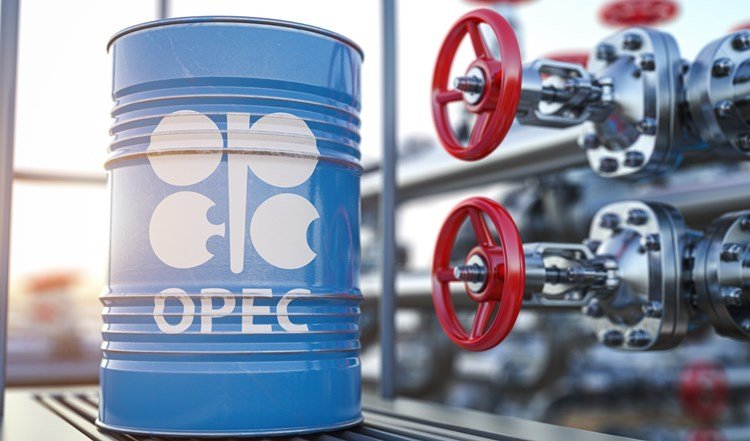Iraq continues to strengthen its position as a leading oil producer in OPEC, according to the organization’s latest report. The country produced 4.066 million barrels per day, making it the second-largest producer, just behind Saudi Arabia. Analysts note that Iraq’s consistent output reflects strong management and adherence to OPEC+ quotas.
Saudi Arabia topped the list with 9.961 million barrels per day, while the United Arab Emirates followed with 3.353 million barrels. Iran maintained fourth place at 3.25 million barrels, ahead of Kuwait with 2.515 million. Nigeria produced 1.517 million barrels, and Libya reached 1.318 million barrels per day. Venezuela and Algeria recorded slightly below one million barrels, while Congo produced 260,000 barrels daily.
Experts highlight that Iraq’s steady production results from its southern oil fields, which have operated efficiently and reliably. Moreover, Iraq’s commitment to OPEC+ quotas has reinforced global confidence in the country’s oil sector. Consequently, Iraq attracts investors seeking stability and long-term returns in the energy market.
In addition, Iraq has worked closely with international companies to maintain pipeline operations and ensure continuous crude exports. This collaboration has further strengthened Iraq’s position as a key contributor to OPEC’s overall output. Industry observers expect Iraq’s oil strategy to support both regional energy security and global market stability.
Analysts also point out that Iraq’s success demonstrates its ability to balance domestic energy needs with global obligations. As production continues to rise, Iraq sets a benchmark for other OPEC members aiming to optimize output while respecting quotas.
Furthermore, Iraq’s oil policies signal a strategic approach to maintaining production growth amid global energy transitions. Investors and policymakers alike watch Iraq closely, noting that the country plays a critical role in shaping OPEC’s influence on international oil prices.
The report underscores Iraq’s consistent energy performance and reinforces its status as a top producer within OPEC. Through efficient field management and international collaboration, Iraq continues to secure its energy future while contributing to global supply stability.


